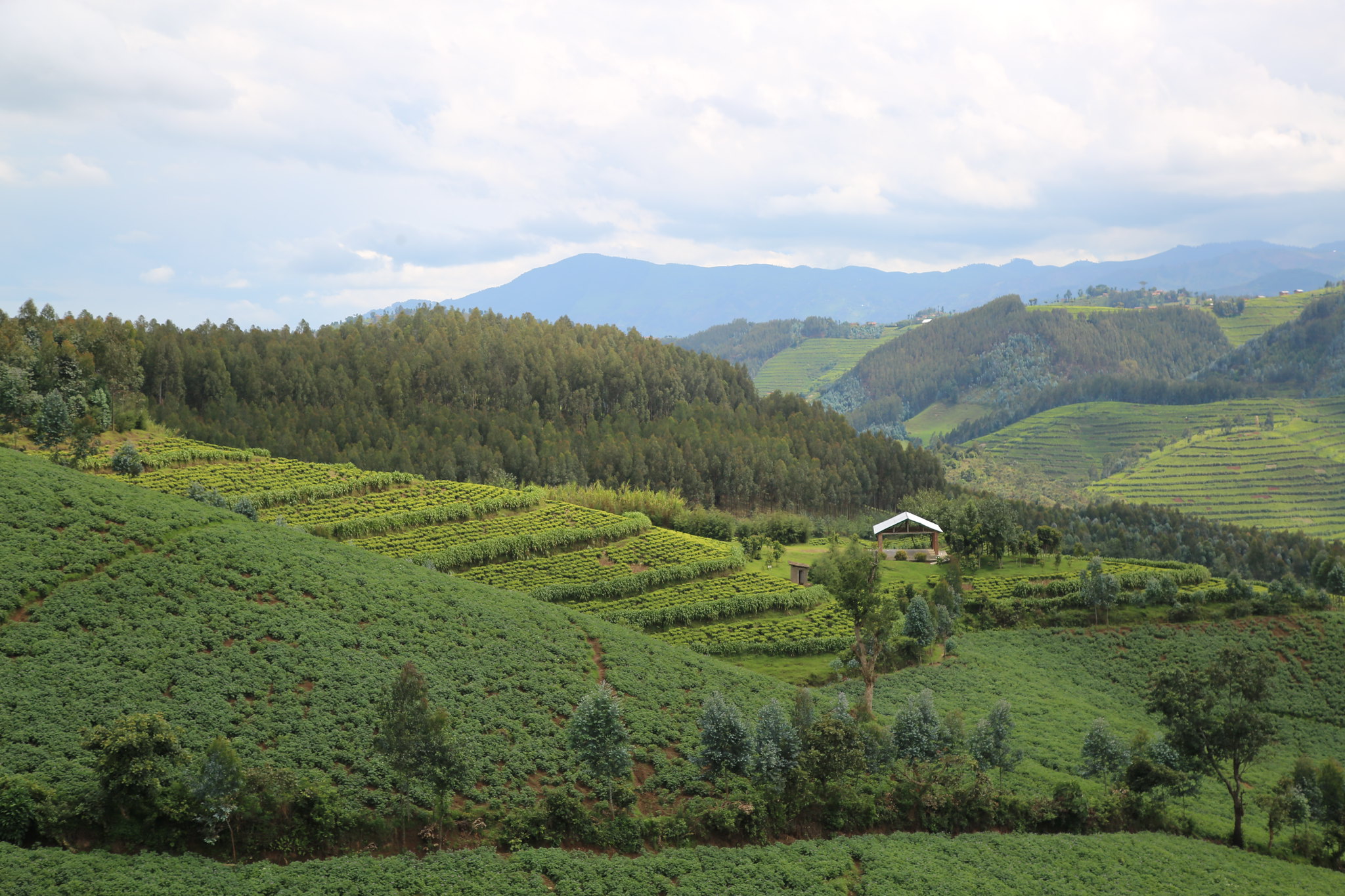Nature-Based Solutions: Harnessing Nature for a Resilient Future
As climate change intensifies and ecosystems face increasing degradation, a new paradigm is emerging in the fight for a sustainable and resilient planet—Nature-Based Solutions (NbS). These solutions recognize that nature itself can be one of our greatest allies in addressing environmental, economic, and social challenges.
From restoring wetlands to planting trees and conserving forests, nature-based solutions are helping communities adapt to climate change, protect biodiversity, enhance food and water security, and support livelihoods—all while working in harmony with the environment.
What Are Nature-Based Solutions?
Nature-Based Solutions are actions that protect, sustainably manage, and restore natural or modified ecosystems to address major societal issues such as:
- Climate change and disaster risk
- Food and water security
- Human health and well-being
- Biodiversity loss
According to the International Union for Conservation of Nature (IUCN), NbS must also deliver benefits for both nature and people—creating win-win outcomes.
Examples of Nature-Based Solutions
Reforestation and Agroforestry
Planting trees to restore degraded land, capture carbon, prevent erosion, and improve rainfall patterns.
Integrating trees into farmland to enhance soil fertility, protect crops, and provide income.
Wetland and Watershed Restoration
Rehabilitating wetlands to reduce floods, purify water, and increase biodiversity.
Restoring riverbanks to protect communities and farmlands from erosion.
Mangrove and Coastal Ecosystem Protection
Preserving mangroves to buffer coastlines from storm surges, support fisheries, and store carbon.
Urban Greening
Creating parks, green roofs, and urban forests to lower city temperatures, absorb pollution, and improve mental health.
Sustainable Rangeland and Forest Management
Working with indigenous communities to preserve grazing areas and forests through traditional conservation methods.
Why Nature-Based Solutions Matter
Climate Action
NbS can provide over one-third of the emissions reductions needed to meet the goals of the Paris Agreement. Forests, grasslands, and oceans are natural carbon sinks.
Food and Water Security
By improving soil health, regulating water cycles, and increasing biodiversity, NbS strengthen agricultural productivity and reduce the impacts of droughts and floods.
Biodiversity Conservation
Healthy ecosystems support millions of plant and animal species, many of which are vital for pollination, pest control, and ecological balance.
Community Empowerment
NbS create local employment, protect traditional knowledge systems, and involve communities in managing their natural resources.
Rwanda: A Leading Example in Africa
Rwanda is a regional pioneer in implementing nature-based solutions. The country’s commitment to reforestation, watershed protection, and climate-resilient agriculture reflects a strong political will and public engagement.
The Green Gicumbi Project restores degraded forests and wetlands while building climate-resilient homes.
Youth Ecobrigades empower young people to build terraces and plant trees for soil conservation.
Agroforestry programs help smallholder farmers improve crop yields and income through tree-planting.
These efforts not only protect the environment but also promote economic empowerment and disaster resilience.
Challenges to Scaling Nature-Based Solutions
Despite their benefits, several challenges limit the wider adoption of NbS:
- Lack of financing and long-term investment
- Inadequate integration into national policies
- Limited technical capacity and monitoring systems
- Underrepresentation of indigenous and local knowledge
Overcoming these obstacles requires multi-stakeholder collaboration, stronger governance, and recognition of nature’s value in economic terms.
The Way Forward: Investing in Nature
To unlock the full potential of NbS, we must:
- Mainstream NbS in national and local development plans
- Invest in research, data, and monitoring
- Engage indigenous peoples and local communities as co-creators
- Develop green financing mechanisms and public-private partnerships
Global initiatives such as the UN Decade on Ecosystem Restoration (2021–2030) offer a historic opportunity to restore degraded ecosystems and scale up nature-based action worldwide.
Conclusion: Nature as a Solution, Not a Victim
Nature is not just something to be protected—it is a powerful solution. Nature-Based Solutions remind us that we don’t always need to engineer our way out of environmental crises. Sometimes, the best strategy is to work with nature, not against it.
By investing in natural infrastructure today, we build a resilient, inclusive, and sustainable future for generations to come.




